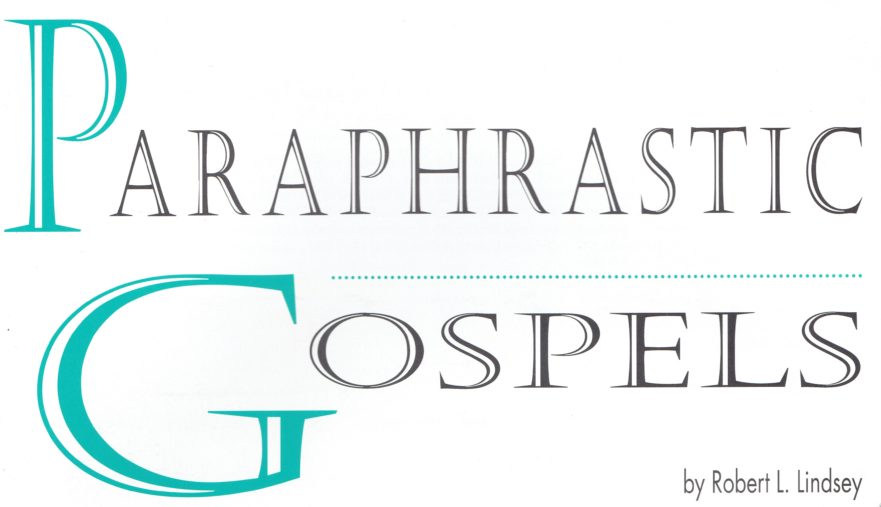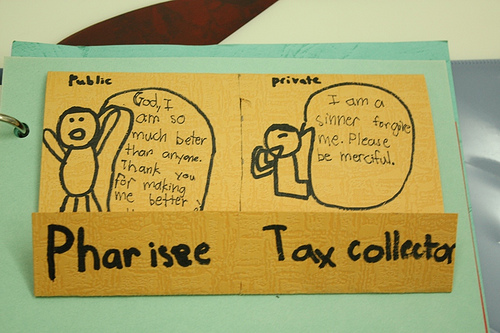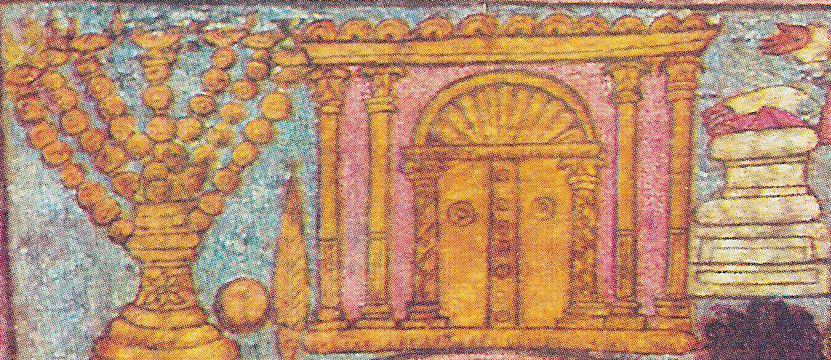Matt. 10:40-42; Mark 9:41; Luke 10:16 (Huck 63, 130b, 139b; Aland 104, 167b, 179; Crook 119-120, 185b, 203)For abbreviations and bibliographical references, see “Introduction to ‘The Life of Yeshua: A Suggested Reconstruction.'” Revised: 24 November 2021
הַמְּקַבֵּל אֶתְכֶם אוֹתִי מְקַבֵּל וְהַמְּקַבֵּל אוֹתִי מְקַבֵּל אֶת הַשּׁוֹלֵחַ אוֹתִי וְהַמּוֹאֵס אֶתְכֶם אוֹתִי מוֹאֵס וְהַמּוֹאֵס אוֹתִי מוֹאֵס אֶת הַשּׁוֹלֵחַ אוֹתִי
“If anyone receives you, it is as if he has received me, and if anyone receives me, it is as if he has received the one who sent me. But if anyone rejects you, it is as if he has rejected me, and if anyone rejects me, it is as if he has rejected the one who sent me.”This translation is a dynamic rendition of our reconstruction of the conjectured Hebrew source that stands behind the Greek of the Synoptic Gospels. It is not a translation of the Greek text of a canonical source.
















